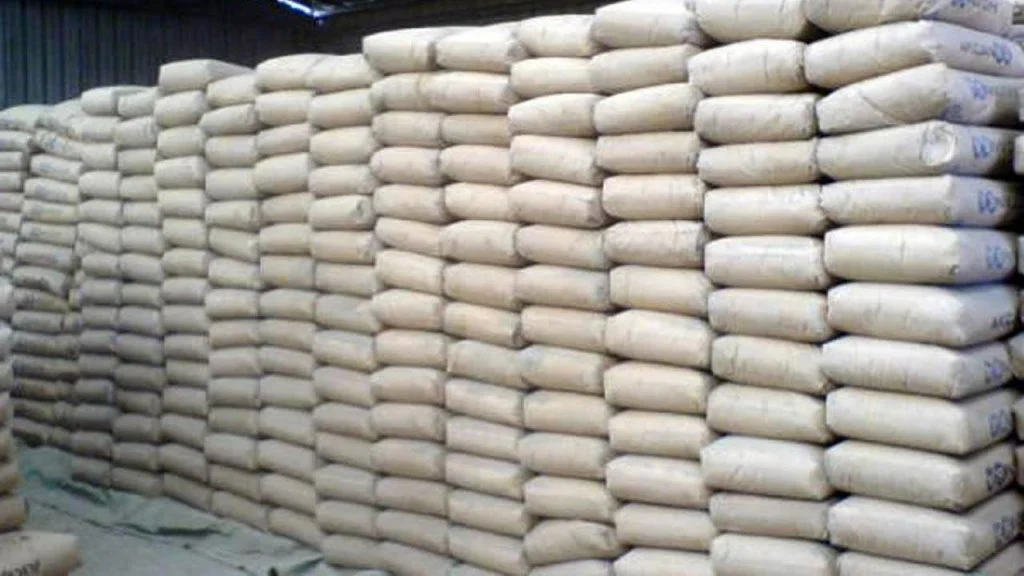
Alarming news for construction projects and homeowners alike: the price of cement in Abuja has experienced a dramatic surge, with a 50kg bag now costing between N10,000 and a staggering N15,000, according to a DAILY POST investigation.
This steep rise, confirmed by retailers in Gwarimpa, Area 10, Kubwa, Lugbe, and Dawaki, paints a grim picture for anyone involved in construction. Just last month, bags of Dangote cement were selling for N6,000, and BUA for N5,500-6,000. Now, Dangote has jumped to N10,000, while BUA has reached a jaw-dropping N15,000.
The reasons behind this surge remain unclear. While some speculate about the impact of fluctuating dollar exchange rates, Minister of Housing and Urban Development, Arc. Musa Dangiwa, has strongly condemned the increase, calling it “unacceptable.” He maintains that the exchange rate cannot solely be blamed for such a significant jump.
This development adds another layer of concern to the already challenging construction landscape in Nigeria. The Cement Producers Association of Nigeria (CPAN) had previously warned about potential price increases due to the government’s plan to implement concrete roads, suggesting a possible impact of N9,000 per bag. However, the current reality has far surpassed those predictions.
This price surge comes at a time when Nigeria is already grappling with soaring inflation, with the National Bureau of Statistics reporting a staggering 29.90% in January 2024. This combination of factors is putting immense pressure on individuals and businesses involved in construction, potentially hindering projects and impacting overall economic activity.











No comments:
Post a Comment